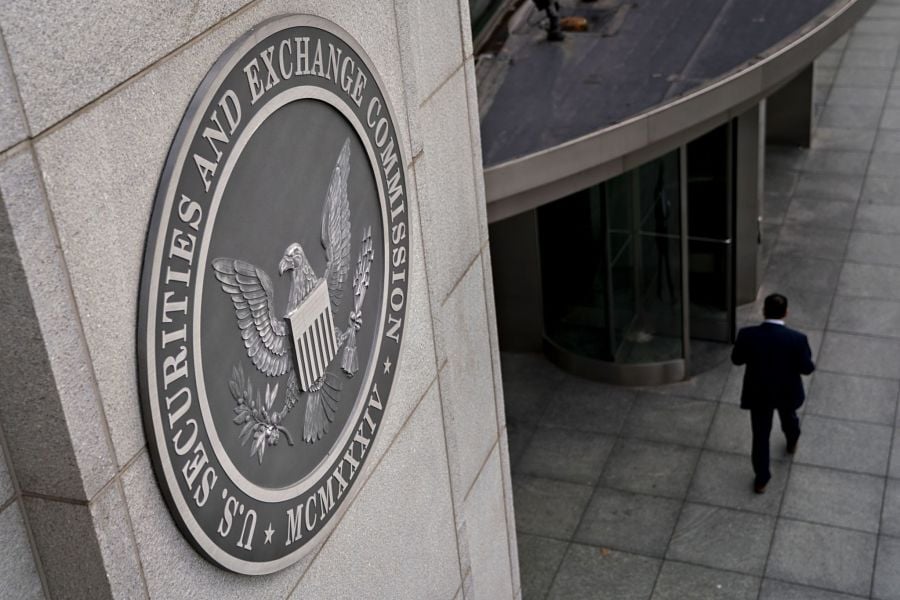

Beware of celebrities hyping SPACs.
That’s the message from the Securities and Exchange Commission, which warned investors Wednesday about buying shares of special purpose acquisition companies based on endorsements from Hollywood actors, professional athletes and famous musicians.
The SEC highlighted that the red-hot listings, which have captured the attention of Wall Street and retail investors, can pose substantially more risks than typical initial public offerings.
“It is never a good idea to invest in a SPAC just because someone famous sponsors or invests in it or says it is a good investment,” the agency said in a statement.
The SEC didn’t name any specific celebrities. A number of stars have announced ties to the blank-check companies, including rapper Jay-Z, NBA player Steph Curry and tennis champion Serena Williams.
The SEC’s caution flag about SPACs is similar to a warning it issued in 2017 about initial coin offerings when Bitcoin and other cryptocurrencies were soaring.
The agency said at the time that investors should be wary of investing in ICOs based on celebrity pitches. The regulator later brought enforcement actions against popular icons such as boxer Floyd Mayweather and rapper DJ Khaled for not disclosing they were being paid for the endorsements.

In a saturated market of PE secondaries and repackaged alts, cultural assets stand out as an underutilized, experiential, and increasingly monetizable class of wealth.

However, Raymond James has had success recruiting Commonwealth advisors.

A complaint by the Social Security Administration's chief data officer alleges numbers, names, and other sensitive information were handled in a way that creates "enormous vulnerabilities."

The New Orleans-based 5th Circuit has sided the industry groups arguing the commission's short-selling rules exceeded its authority.

The deal will see the global alts giant snap up the fintech firm, which has struggled to gain traction among advisors over the years, for up to $200 million
Orion's Tom Wilson on delivering coordinated, high-touch service in a world where returns alone no longer set you apart.
Barely a decade old, registered index-linked annuities have quickly surged in popularity, thanks to their unique blend of protection and growth potential—an appealing option for investors looking to chart a steadier course through today's choppy market waters, says Myles Lambert, Brighthouse Financial.
